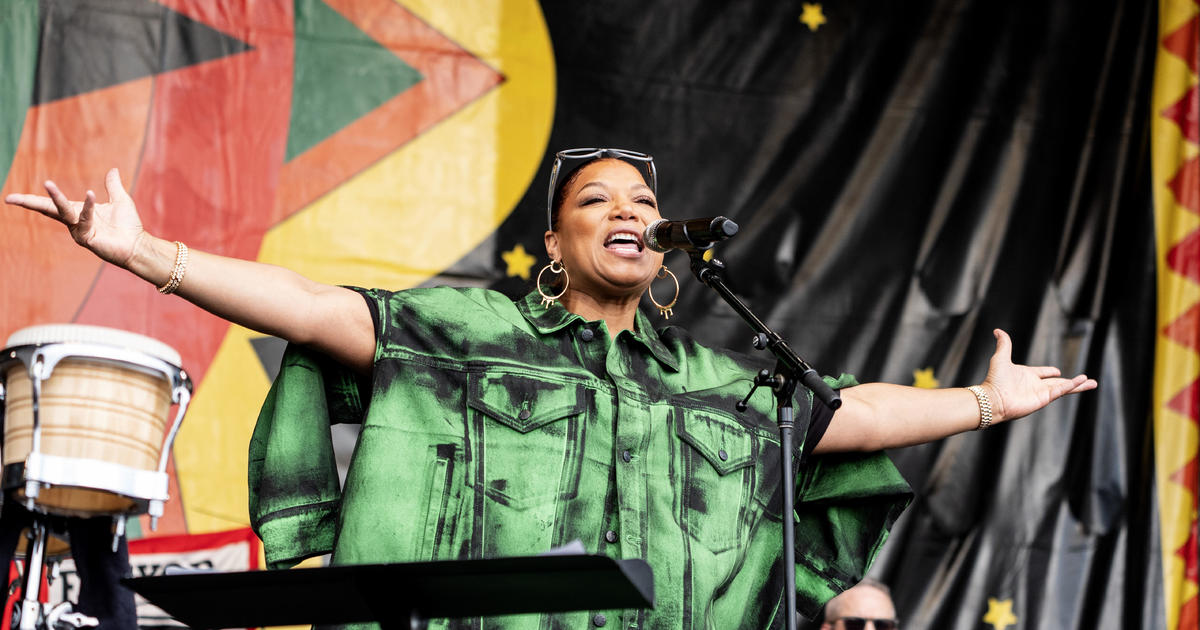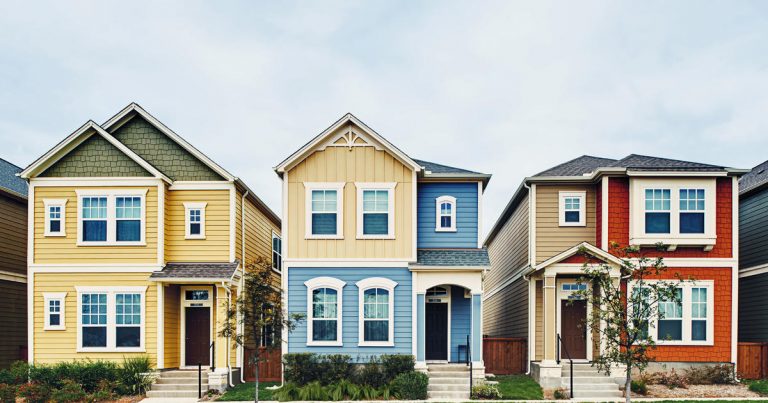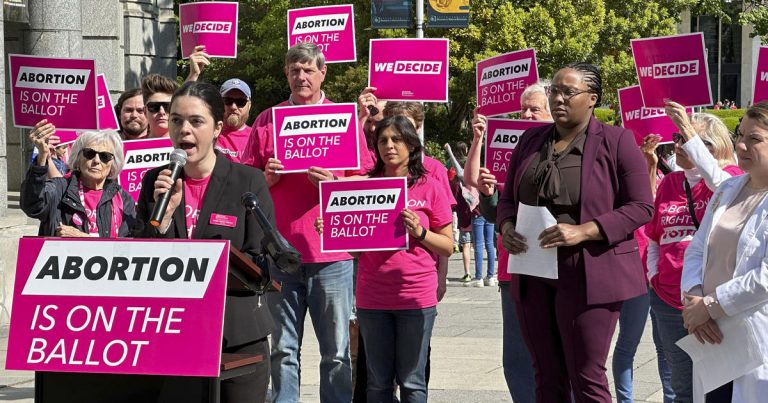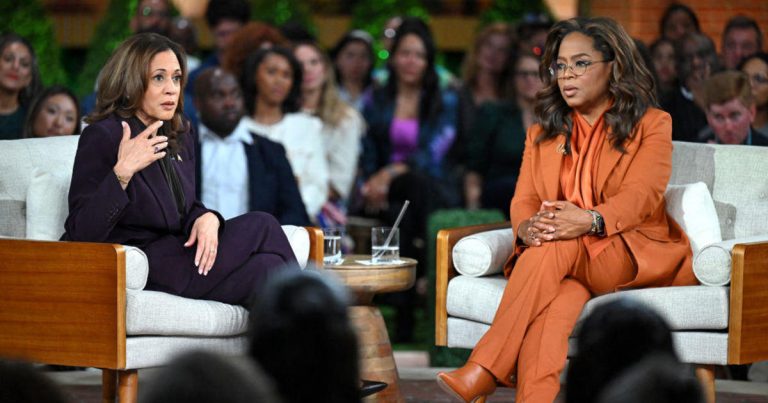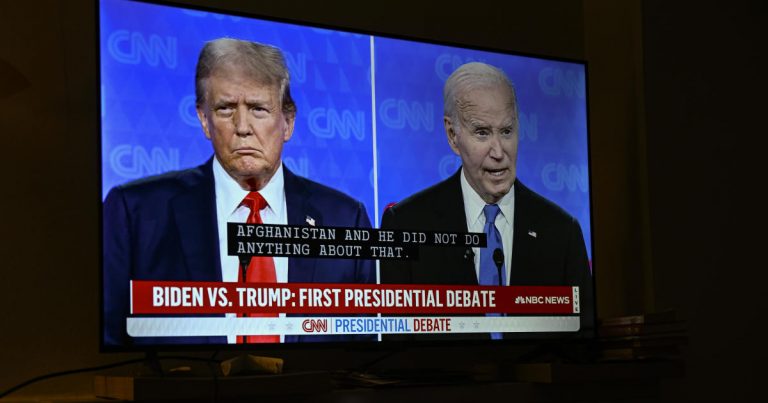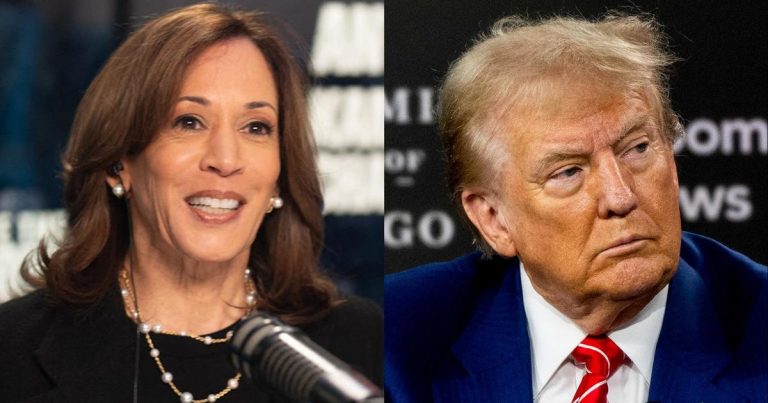Rappers’ Influence on Trump and Biden in 2024 from Sada Baby to Queen Latifah
Welcome to the Boston Post News network, where we delve into the intricate relationship between rap artists and politics, exploring how former President Obama’s preference for Kendrick Lamar over Drake in a rap battle has paved the way for rappers to voice their political leanings more visibly.
In the year 2024, as the political landscape continues to evolve, we witness a shift in support among rap artists. Notable figures like Vice President Kamala Harris engage with artists like Quavo of the “Migos” to address crucial issues like gun violence prevention. At the same time, Detroit rapper Sada Baby steps outside the norm by promoting support for former President Donald Trump, highlighting a diverse range of political influences within the rap community.
It’s intriguing to note that some rappers backing Trump attribute their support to various reasons, including his response to economic challenges during the COVID-19 era. His pardons of rappers and efforts to address dissonance in the political system have also garnered attention and support, creating a unique dynamic where music and politics intersect.
Trump’s interaction with rappers transcends mere endorsements or appearances – it extends to actively engaging with artists and their audiences. One notable example is his meeting with rappers, pastors, and business leaders, emphasizing an organic connection that resonates particularly with Black communities dissatisfied with the current political status quo.
On the other end of the spectrum, the Biden campaign embraces the music world with fervor, strategically targeting Black and younger voters through music festivals, fundraisers, and collaborations with artists like Fat Joe, Queen Latifah, and John Legend. These efforts underscore a dedicated approach to engaging with audiences crucial for the upcoming election.
However, in a nuanced political landscape where skepticism abounds, scholars and strategists analyze the impact of artists’ endorsements on electoral outcomes. While Biden’s support among Black and younger voters remains robust, there is a recognition that shifts and uncertainties persist, necessitating continuous engagement and outreach.
Ultimately, the narrative unfolds beyond mere political affiliations – it delves into the complexities of identity, representation, and social justice. Rappers, undecided figures like 50 Cent, and vocal critics like Cardi B embody a diverse spectrum of voices shaping the political discourse, underscored by the intersection of music, activism, and civic responsibility.
As the 2024 elections draw closer, the convergence of rap and politics offers a compelling narrative of individual agency, collective impact, and the ever-evolving dynamics of power and influence. Stay tuned as we navigate through the multifaceted terrain where artistry meets governance, and voices from the margins resonate across the political spectrum.


